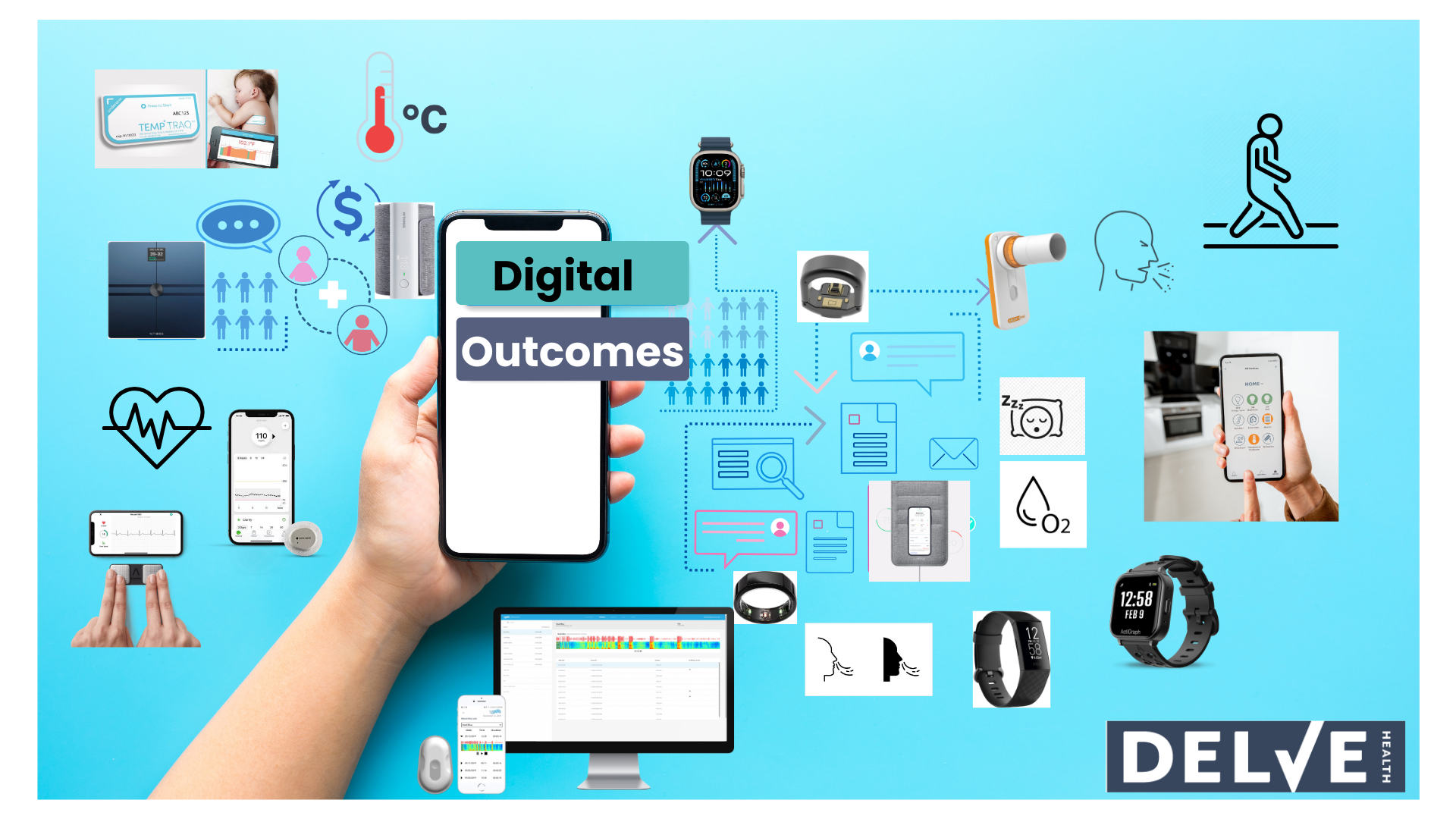Introduction
The landscape of clinical trials is undergoing a transformative shift, thanks to the relentless pace of innovation. As the healthcare industry evolves, so does the approach to conducting clinical trials, with patient centricity taking center stage. Gone are the days when clinical trials were solely designed around rigid protocols and lacked consideration for the patient experience. Today, innovation plays a pivotal role in reshaping the clinical trial ecosystem, driving patient centricity to new heights. In this blog, we will explore how innovation is redefining the way clinical trials are conducted, making them more patient-centric than ever before.
The Evolving Landscape of Clinical Trials
Traditional clinical trials often involve lengthy processes, complete protocols, and limited patient involvement. This approach resulted in numerous challenges, including low patient recruitment and retention rates, as well as difficulties in collecting accurate data. However with the advent of technological advancements and a growing emphasis on patient-centered care, the paradigm of clinical trials is undergoing a remarkable transformation.
Innovation and Patient Engagement
Innovative technologies are making it possible to actively engage patients throughout the clinical trial journey. Mobile apps, wearables, and online platforms empower patients by providing them with tools to monitor their own health, track symptoms, and communicate with researchers in real time. This not only fosters a sense of ownership but also contributes to more accurate and timely data collection.
Furthermore, virtual and decentralized clinical trials are emerging as game-changers. By allowing patients to participate from the comfort of their homes, these trials eliminate the need for frequent site visits, reducing the burden on patients and improving overall participation rates. Telemedicine and remote monitoring enable researchers to closely monitor patients’ health without the need for physical visits, enhancing the quality of data collected.
Personalized Medicine and Biomarker Research
Innovation in the realm of personalized medicine has significantly impacted the design and execution of clinical trials. Through the use of biomarkers, genetic profiling, and molecular diagnostics, researchers can identify specific patient populations that are more likely to respond positively to a particular treatment. This precision approach not only improves the chances of trial success but also ensures that patients receive treatments tailored to their individual needs, enhancing overall patient satisfaction.
Data Analytics and Artificial Intelligence
The integration of data analytics and artificial intelligence (AI) has revolutionized data management and analysis in clinical trials. AI algorithms can sift through massive datasets to identify trends, potential risks, and treatment outcomes in real-time. This not only accelerates decision-making but also enables researchers to make adjustments to trial protocols based on emerging insights. By harnessing AI, clinical trials become more adaptive and responsible to patient needs, further emphasizing patient centricity.
Enhancing Informed Consent
Informed consent is a cornerstone of ethical clinical research. Innovations such as multimedia presentations, interactive digital platforms, and virtual reality simulations have transformed the consent process. These tools provide patients with easily comprehensible information about the trial, its procedures, and potential risks, empowering them to make informed decisions about their participation.
Conclusion
Innovation is propelling clinical trials into a new era of patient centricity. By embracing technologies that enable patient engagement, virtual participation, personalized medicine, and data-driven decision-making, clinical trials are becoming more accessible, efficient, and tailored to the needs of patients. As the healthcare industry continues to evolve, the symbiotic relationship between innovation and patient centricity will undoubtedly reshape the future of clinical research, ultimately leading to better treatments and improved patient outcomes.



































